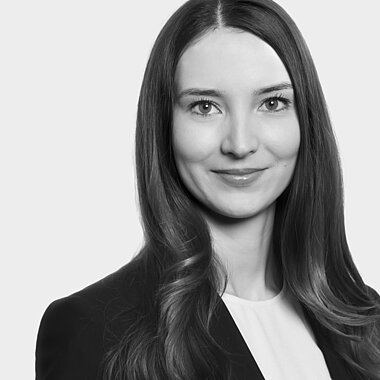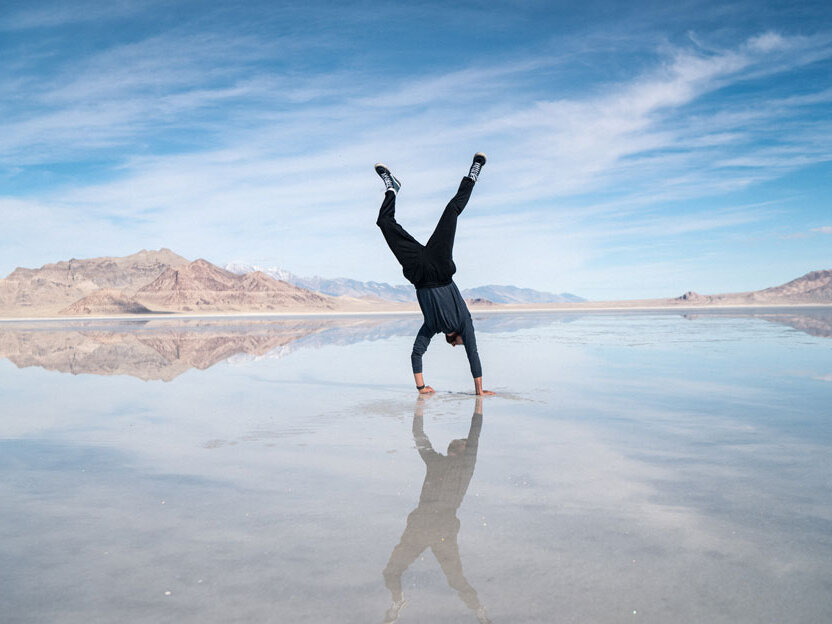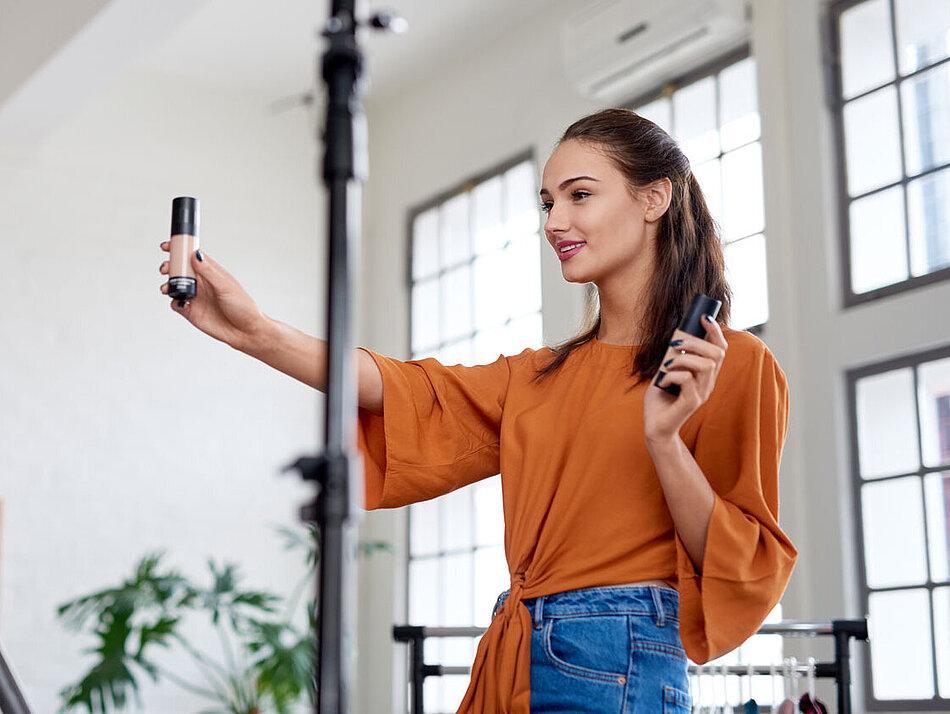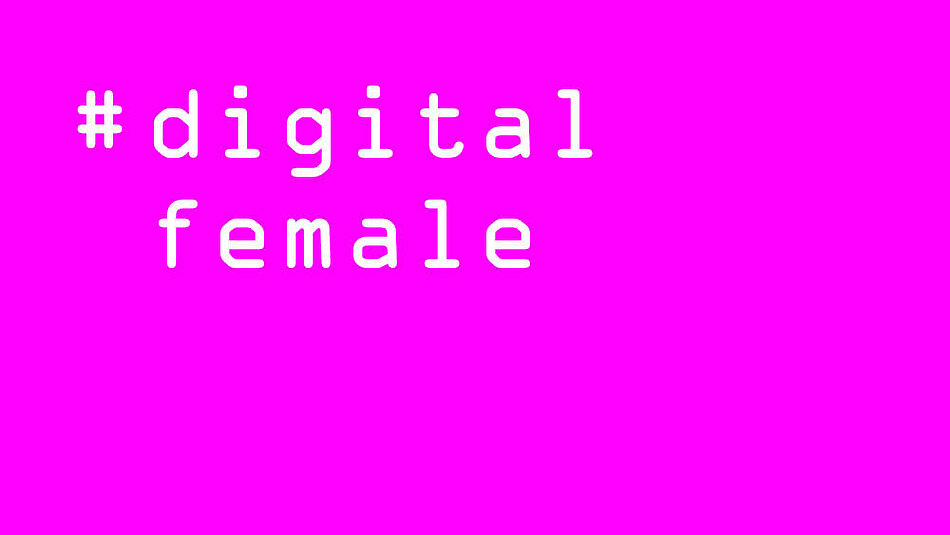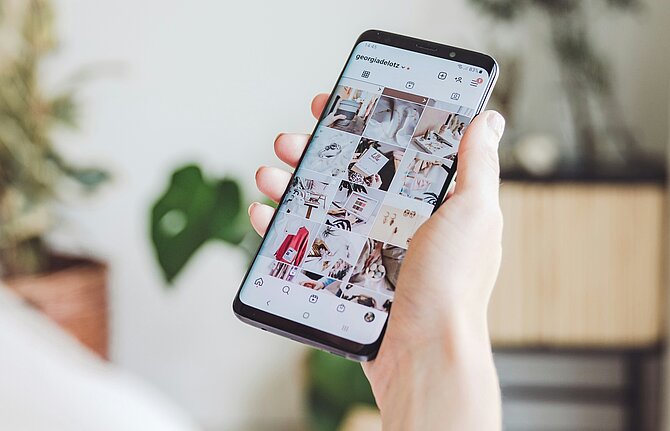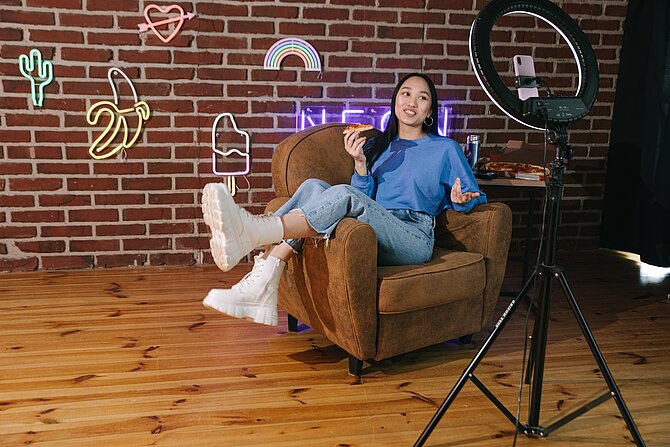Find out today what the legal world will be talking about tomorrow.
SKW Schwarz. Legal excellence and in-depth industry knowledge. Innovative and sustainable solutions for complex legal challenges.
With over 300 team members, including around 130 lawyers, we advise in all relevant areas of business law. And we always think a few steps ahead. We analyze and we achieve clarity. Today and in the future.
About us![[Translate to English:]](/fileadmin/_processed_/4/d/csm_row-1-column-1_aec971832a.png)
The popularity of audio-only content is growing steadily and podcasts have been an integral part of audio streaming services for several years now. As a result, the legal situation regarding podcasts is also gaining more and more prominence, which until now still represents largely uncharted territory for all those involved in podcasting. The introduction of the German State Media Treaty at the end of 2020 has also had consequences for the practice of podcasts still unknown to most podcasters.
Our Branded Content & Influencer Marketing focus group has examined this topic around podcasts and law from various relevant aspects to provide a basic understanding of legal issues in this context.
Advertising in podcasts
What is advertising?
At the very least, advertising is considered to be contributions about products for which a quid pro quo is received, and/or which are based on an agreement.
How can the requirement of separation be ensured?
Advertising in podcasts must be easily discernible as such, and separated from editorial content. This is achieved by interrupting the editorial part with advertising.
What must be considered regarding the labeling of advertising?
The beginning of a commercial break should be indicated audibly. This can be done either by the verbal cue "Advertisement," or by a distinctive melody or sequence of tones used only for the introduction of advertising.
Are there other possibilities for labeling?
If necessary or appropriate to distinguish advertising from the editorial part (e.g., when the podcast host presents the commercial break), there can be an additional reference to the end of the commercial.
Product placement in podcasts
What is product placement?
When products, services, or brands are mentioned in an editorial context seemingly in passing in exchange for payment, this is referred to as paid product placement. In contrast to advertising, the product plays only a secondary role here. The unpaid mention of products can also be product placement if the "exemption limit" of 100 Euros product value is exceeded.
Is product placement allowed at all?
In principle, yes (by the way, only since 2009). However, if the podcast contains political messaging, advises consumers on consumer choices, has religious content, or is aimed at children under 14, product placement may not be used for advertising.
How must product placement be labeled?
Paid product placement is always to be labeled, while free product placement must be labeled if the value of the product exceeds 100 Euros. According to the law, podcasts must be marked with an explicit disclaimer at the beginning, at the end and after each commercial break (e.g. "Supported by product placement"). The state media authorities are less stringent, and allow a label at the beginning of the podcast to suffice.
What else applies?
The product placed must not be given too much prominence (so-called "undue prominence"): Neither should the product placement seem like a foreign entity in the podcast, nor should too many products be placed at once. The podcast must also remain editorially impartial. Furthermore, the product placement may not explicitly encourage a purchase, or particularly emphasize the advantages of the product. In this case, it is considered classic advertising, and must be labeled differently.
Sponsoring in podcasts
What is sponsoring?
Sponsoring is used to finance the production of a podcast. Sponsors can place their companies in connection with the podcast in return for a financial contribution, without advertising specific products or services.
How must sponsoring be identified?
At the start or at the end of the program, it must be announced that the program is supported by a sponsor. However, this may not create anypurchasing incentive for listeners, e.g., by advertising a product of the sponsor. In this case, it is considered advertising, and must be labeled as such.
What must be taken into consideration when labeling?
Of course, the sponsoring reference may be promotional for the sponsor and may also contain a well-known slogan.
In this respect, the reference may only not be too long. A duration of up to seven seconds is common.
Are there restrictions and prohibitions?
The podcast must remain editorially unbiased, i.e., the sponsor may not influence the content of the show. There are also sponsorship bans for certain types of podcasts, such as news or children's programs, as well as for certain companies, such as tobacco companies.
Music in podcasts
What is music used for, and which rights should the podcast acquire?
Music as a hook for more recognition, or simply as a transition - there are many reasons for using music in podcasts.
For the use of music, the necessary rights must be acquired. A distinction must be made between the rights to the underlying composition and the rights to the sound recording used.
Since the aforementioned rights are held by different rights holders, separate permissions must be obtained.
Where can composition rights be obtained?
The rights to the composition can be obtained from the German Performing Rights Society (GEMA). The relevant podcast tariff VR-OD 14 hinges on the reach of the podcast, and the number of minutes of music it contains. But beware: Certain types of music use are not covered by the GEMA podcast license. In particular, GEMA does not grant authorization to edit the music. This must be sought from the original rights holder, i.e., the respective record label.
Where are the rights to the sound recording?
The rights to the sound recording required for podcast use are not administered by a collecting society, but must be obtained from the original rights holder, i.e. usually the respective record label.
Sounds complicated?
The clarification of rights is simpler - and often much less expensive - when using so-called "GEMA-free music" or "royalty-free music." This is mostly unknown, but high-quality pre-produced music to which the rights have already been cleared. So you get everything from one source and without GEMA.
Co-hosts and co-creators in podcasts
What rights can be affected?
When third parties are involved - for example, as co-hosts, co-authors or guest speakers - copyrights of the third party can occur on the one hand. On the other, the general personal rights of the third party may be affected. In order to enable the comprehensive evaluation of the podcast, a number of things must therefore be taken into consideration.
What are personality rights?
Generally speaking, personality rights include a person's rights to their own image, voice, name, and information from the social sphere, private sphere, and intimate sphere.
Are personality rights assignable or waivable?
As part of human dignity, the right of personality cannot be relinquished.
However, it is possible, within certain limits, to consent to interventions in the right of personality, as well as to freely use certain information.
The solution? A contract!
Legal certainty can only be created by a contractual arrangement with the person(s) involved. It can be regulated who acquires which rights, which information may be used, and which information the participant additionally contributes. In this way, an authentic and complete involvement and participation of the third party can be ensured, and the evaluation of the podcast can be safeguarded.
Personality rights of third parties - interview partners
How can the personality rights of the interview partner be affected?
Personality rights can be affected in many ways, e.g., by deliberately untrue or incomplete reporting that is defamatory, by other insulting statements, or by harsh criticism, but also by unauthorized publications from the private or even the intimate sphere.
Does every violation necessarily constitute a breach of personality rights?
No. In principle, a comprehensive assessment of interests takes place, in which the public's interest in information or the podcast host's freedom of opinion may well prevail in individual cases, and the statement/publication may therefore be permissible.
What does the contractual arrangement look like?
From the viewpoint of the podcast host, but also from that of the interview partner, it makes sense to contractually specify in advance which topics are (not) to be discussed in the podcast and, based on this, to deliberately omit certain topics from the podcast.
What other contractual regulations must be observed?
If, however, disagreements arise after the recording regarding the usage of the podcast because, from the interview partner's point of view, critical topics were discussed or statements were made that could lead to conflict, a forward-looking regulation in the contract can help here as well.
Are additional agreements useful?
For example, an obligation to make a second recording may be incorporated into the contract for cases in which the interview partner attempts to prevent the podcast publication for such reasons. A waiver of injunctive relief can also be useful.
Quotations in podcasts
What are quotations in podcasts?
Quotations can be found in podcasts in various forms. They can be sound sequences from other radio programs, music pieces, or films that are played into the podcast. In addition, texts may also be repeated as quotes by the podcasters themselves.
When does it become legally problematic?
If the quote is protected by copyright, it may usually be used in the podcast only with a license. Whether the quotation enjoys copyright protection or not is a question of the individual case, and cannot be judged across the board.
When are quotations also possible without a license?
In order for copyrighted quotes to be included in podcasts without a license, they must serve a quotation purpose.
When is there a quotation purpose?
A quotation purpose is always present if the quotation is not made only for "embellishment" for no special reason. It must serve to establish an inner connection to one's own thoughts reproduced in the podcast (so-called "proof function"). This may be the case, e.g., if the quotation is discussed in the podcast.
Broadcasting licenses for podcasts
What is broadcasting?
Broadcasting is defined as the simultaneous (i.e., linear) distribution of broadcast material to the general public according to a programming schedule, with journalistic and editorial content.
Under what conditions is broadcasting not subject to licensing?
Even if your podcast is to be classified as broadcasting according to the aforementioned prerequisites, the licensing requirement does not apply if your podcast is either only of minor importance for the formation of individual or public opinion, or only has a small reach.
Low importance for opinion formation?
This is judged, among other things, by the level of design, the composition of the content, as well as the frequency and duration of the broadcast. Low relevance can be given, for example, if the podcast exclusively concerns issues of personal lifestyle.
Small reach?
A small reach is given if the podcast reaches less than 20,000 concurrent users on average over a six-month period. This is usually based on the average concurrent user or comparable metrics.
Authors





